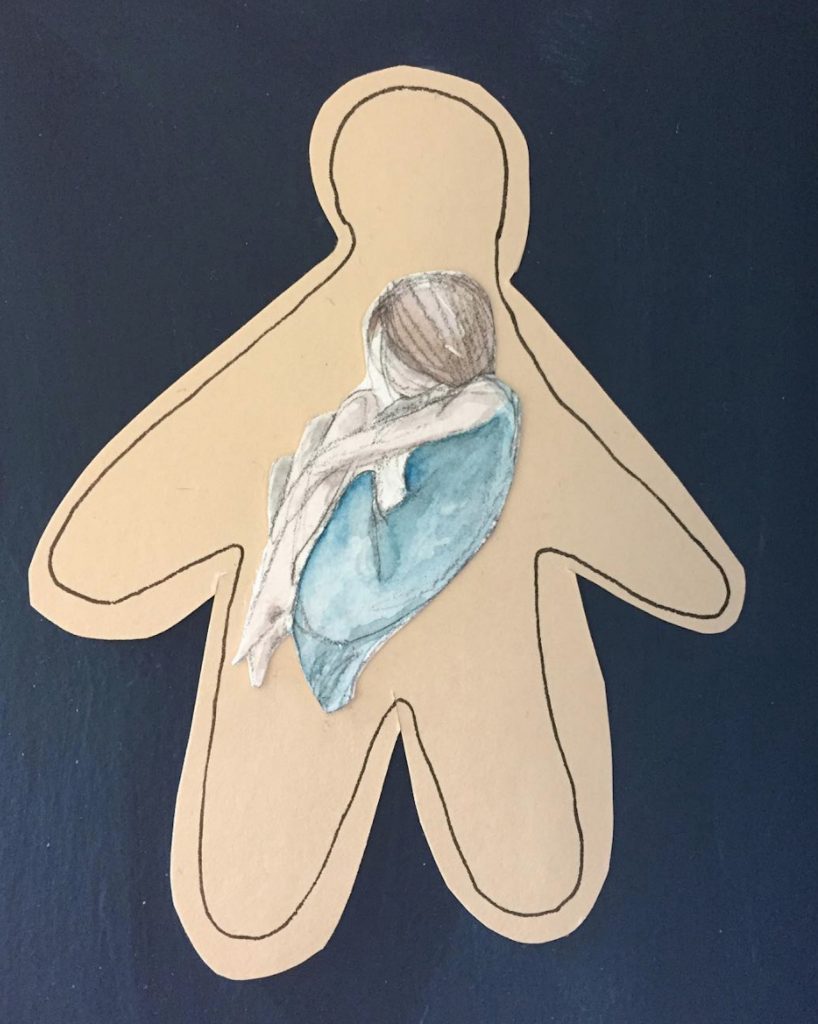7 Ways to Witness and Embrace Those With Chronic Health Conditions
“How are you?” The question is usually posed with kind eyes, a sweet smile and said in passing.
“I’m doing OK,” is my stock answer. If you listen closely, the way I say the word “OK” holds a lot. My words say I’m fine, but my tone communicates maybe that’s not the case. To be honest I’m probably trying to see how far you want to enter in to my story with me today.
You see, if I was really being blunt I would tell you right now I’m in so much pain I can barely walk without crying. There are many moments that are sheer torture and it’s all happening inside my body.
It’s safer for me to tell you I’m doing OK. At least that’s what I’ve told myself. I’m sure other people with chronic illness or pain will tell you sometimes it’s easier to soften the impact of what daily living is like, because in the past they’ve been met with disbelief, abandonment or just plain disdain. Which says more about the receiver than the person sharing what their life is really like. It’s been safer for me to assume you won’t know what to say and I’ll be left feeling even more alone if I share it with you.
However, that internal story has been changing. I’ve encountered more people who have been able to simply be with me as I cried or raged. They’ve grieved with me, that at 29 I am experiencing yet another catastrophic speed bump in my life that’s lasted far longer than I could have anticipated. I received such an overwhelming sense of kindness and warmth. It’s been life-changing to find a community like this. I’ve begun to be more honest about how I’m actually doing regardless of how I’m perceiving the other person is taking in the information. This is my truth. My reality. I don’t verbally vomit about what’s going on, but I try to be more truthful about what’s happening for me. If they choose to step in further I’ve left the door open for that. If not, that’s fine, too. I’ve realized it doesn’t take much for me to feel taken care of and heard.

Here are some tips for witnessing and embracing people with chronic health issues:
1. Don’t try to fix or problem solve without asking if they would like that. They’ve probably been Googling their problems for years, right now they just need you to be with them.
2. Suggest things you can do for them. If they are in pain they probably can’t think of what they need, they just want to be out of pain. Even small tasks like getting up to get a glass of water can feel like climbing a mountain. Some ideas include: buying groceries, cleaning a room in their house, running an errand or even simply watching a movie with them.
3. Do not tell them that this is happening for a reason and there is a purpose for their physical agony (i.e God will use it for them to be able to help other people). As someone who grew up in a Christian environment, well-meaning people who loved me often resorted to quoting scripture at me rather than sitting with me. Jesus sat with the suffering. He served them. Being a religious Pollyanna regarding someone’s suffering invalidates the gravity of their current experience. Jesus is present in the room regardless if you say his name or not. Be with the person where they are at. If they want to talk about God and that’s comforting to them or they want to talk about how they are angry at Him for allowing this, then, by all means, go there. Ask permission, then proceed.
4. Volunteer to drive them to doctor appointments or tell them you’ll take notes for them if they want you to sit in with them to hear results from a test. Something that has meant so much to me are friends who have told me that they will go to the ER with me if I need to go to the hospital. Even if it’s in the middle of the night. Just having this in the back of my mind has helped me feel calmer knowing I have help if I need it.
5. Ask them about their pain or condition. One of the best gifts someone gave me was asking me to tell them about my pain. Isolation in pain is one of the worst feelings, but when he asked me that question and humanly reacted to my answer it helped me know I wasn’t as alone as I felt. I didn’t have to take care of him after I told him what it was really like. He was able to hold me and his own experience simultaneously.
6. Believe them. They are probably not even telling you the whole story of how bad things really feel.
7. Chronic illness is a roller coaster with good days and bad days. If you have a spouse or a close friend who is struggling, the best thing you can do for them is to also care for yourself. Reach out to a therapist or a friend for support.
In short, be human. Be you. You can tell them you hate that they are in pain and you wish you could take it from them, but if they just need to sit and cry, rage or laugh, you’re there for them. Being witnessed and held with empathy has changed the way I walk through my days with pain. I feel less hopeless knowing I’m being heard, I am loved and I am not alone.
This story originally appeared on Katelyn’s website.

